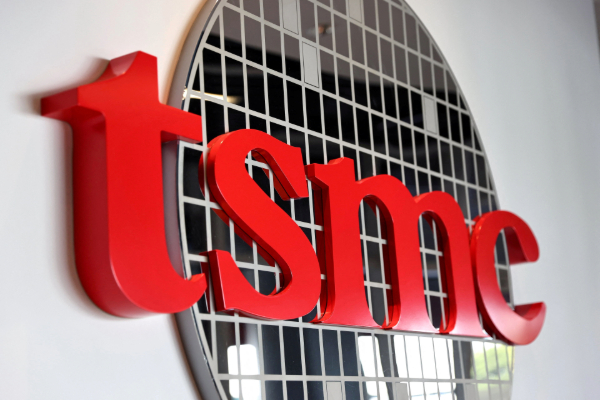The US government has announced that it has signed an accord with Taiwan Semiconductor Manufacturing Company (TSMC) to build the world’s most advanced semiconductors at Arizona. The Biden government has awarded a $6.6 billion as subsidy and $5 billion in low-cost government loans for the advanced production unit.
TSMC, the world’s largest contract chipmaker, will produce the world’s most advanced 2-nanometer technology at the Arizona plant. The production is expected to start in 2028.
“These are the chips that underpin all artificial intelligence, and they are the chips that are necessary components for the technologies that we need to underpin our economy, but frankly, a 21st century military and national security apparatus,” Reuters quoted commerce secretary Gina Raimondo as saying.
The development comes at a time when the Biden administration signed the chips and science act into law in 2022 and set aside $39 billion in direct grants – plus loans and guarantees worth $75 billion.
The US government currently produces less than 10% of the world’s chips and none of the most advanced ones.
Investments like those from TSMC will help Washington to produce roughly 20% of the world’s leading-edge chips by 2030.
The commerce department said that the Taiwanese company’s three fabs would manufacture tens of millions of leading-edge chips powering products like 5G/6G smartphones, autonomous vehicles and AI data centre servers, it added. TSMC’s major clients include AMD, Apple, Nvidia, and Qualcomm.
The $65 billion-plus investment by TSMC is the largest foreign direct investment in a completely new project in US history, the Commerce Department said.
In 2022, the US had barred domestic companies from shipping equipment to Chinese factories producing advanced chips, in a bid to curb Beijing’s technological advances, citing security concerns.
Over the past few years, the US government has emphasised the need to bring more chip production onshore to limit potential supply disruptions. During the coronavirus pandemic, there was a huge bottleneck in chip deliveries around the world, and contributed to higher consumer goods prices.





